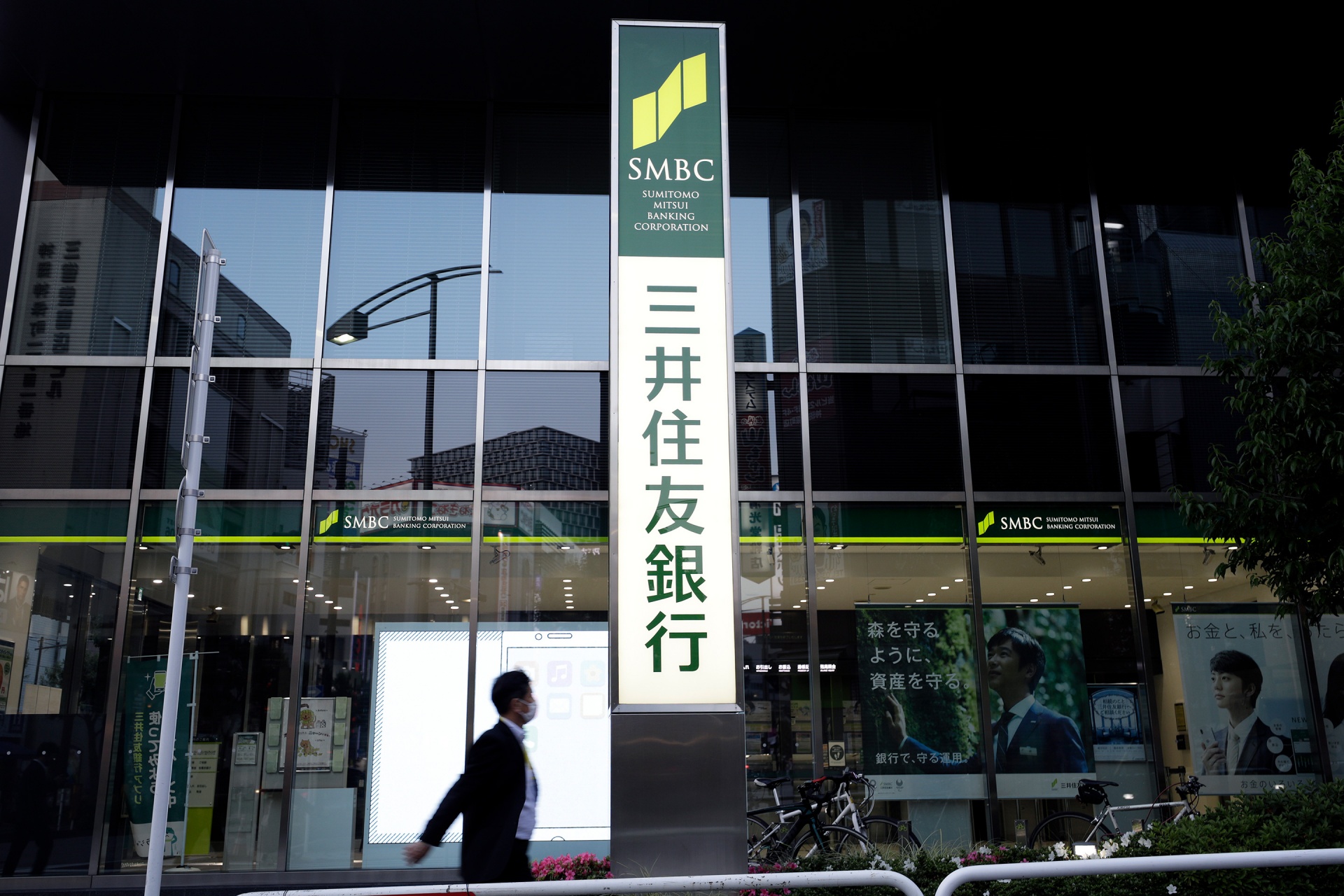INTERNATIONAL INVESTMENT
AND PORTAL
Faced with bleak domestic growth prospects, Japan's Sumitomo Mitsui Financial Group (SMFG) is expanding its international footprint, including its presence in Vietnam.

Jun Ohta, CEO of SMFG, stated that after spending more than $3.3 billion on mergers and acquisitions (M&A) in Asia this year, the banking conglomerate will continue executing further transactions, according to Bloomberg.
“We will consider if there are good targets. Our ultimate goal is to create a second and third SMBC Group,” he said.
The CEO of Japan's second-largest lender is looking to expand its services across Asia by purchasing commercial banks and consumer credit firms in four countries: Indonesia, India, Vietnam, and the Philippines.
In April, SMBC Consumer Finance (SMBCCF), a subsidiary wholly owned by SMFG, acquired a 49 per cent stake in FE Credit – Vietnam’s largest consumer finance company. The Japanese bank has invested more than $1.4 billion in VPBank’s subsidiary, making it the largest finance-related M&A deal in Vietnam so far.
In late October, SMBC and the Japan International Cooperation Agency (JICA) co-financed Vietnam’s VPBank in a $75 million loan agreement in a bid to fund micro-, small-, and medium-sized enterprises (MSMEs) through the Private Sector Investment and Finance programme (PSIF).
SMBC is also rumoured to be a potential foreign strategic shareholder of VPBank, particularly after the remarkable deal with FE Credit.
Ohta stated that SMFG's strategic collaboration with Jefferies Financial Group, which began earlier this year, has already resulted in several agreements in the US. He is also interested in retail banking and has stated that he may consider entering online lending in this market.
Eventually, he added, the bank intends to grow operations that flourish in more mature economies, such as investment banking. Despite his attempts to expand the bank's Asian business and boost shareholder returns, Ohta believes the stock price is too low. "It is a shame," he remarked, referring to the company's price-to-book ratio of around 0.43, cited Bloomberg.
By Luu Huong



















